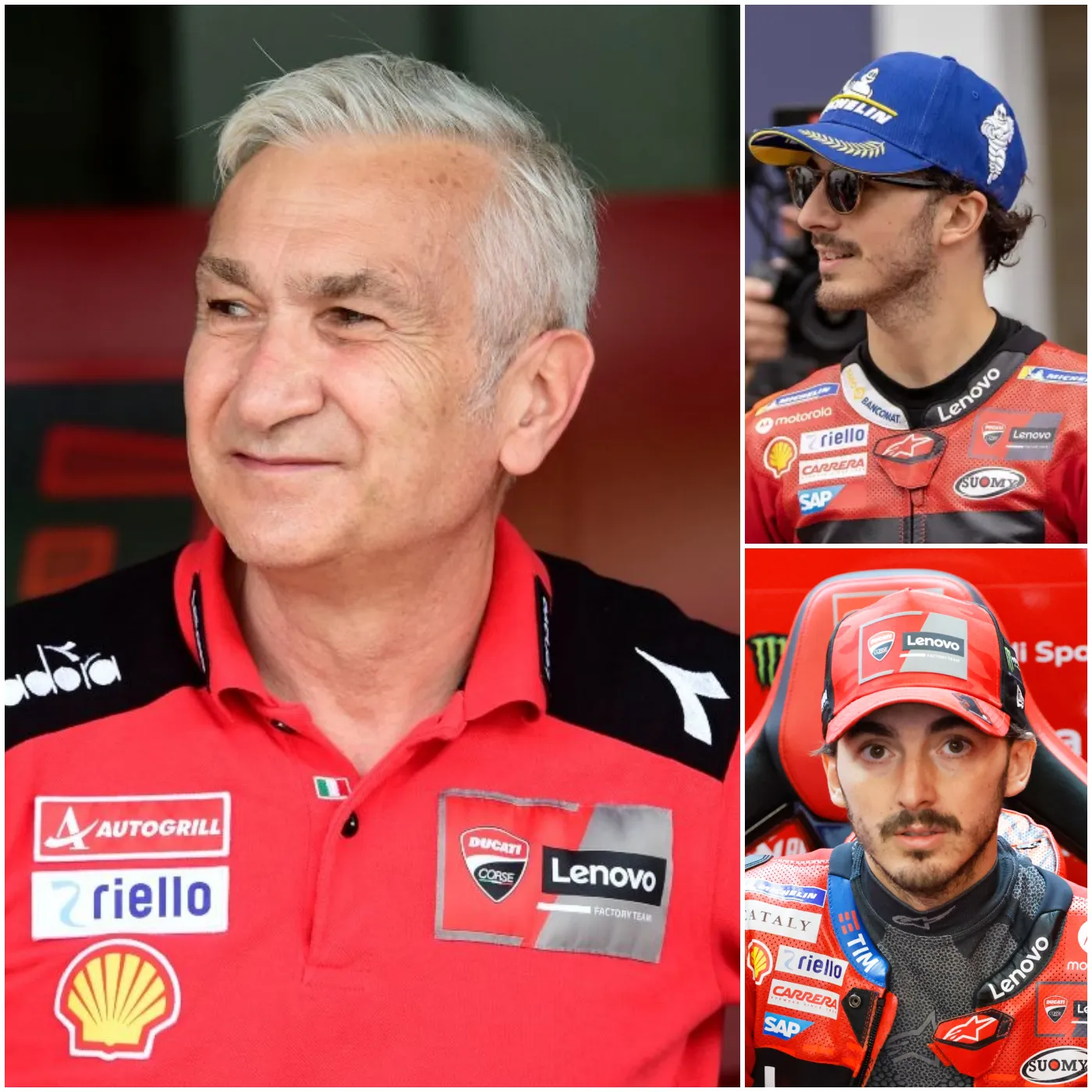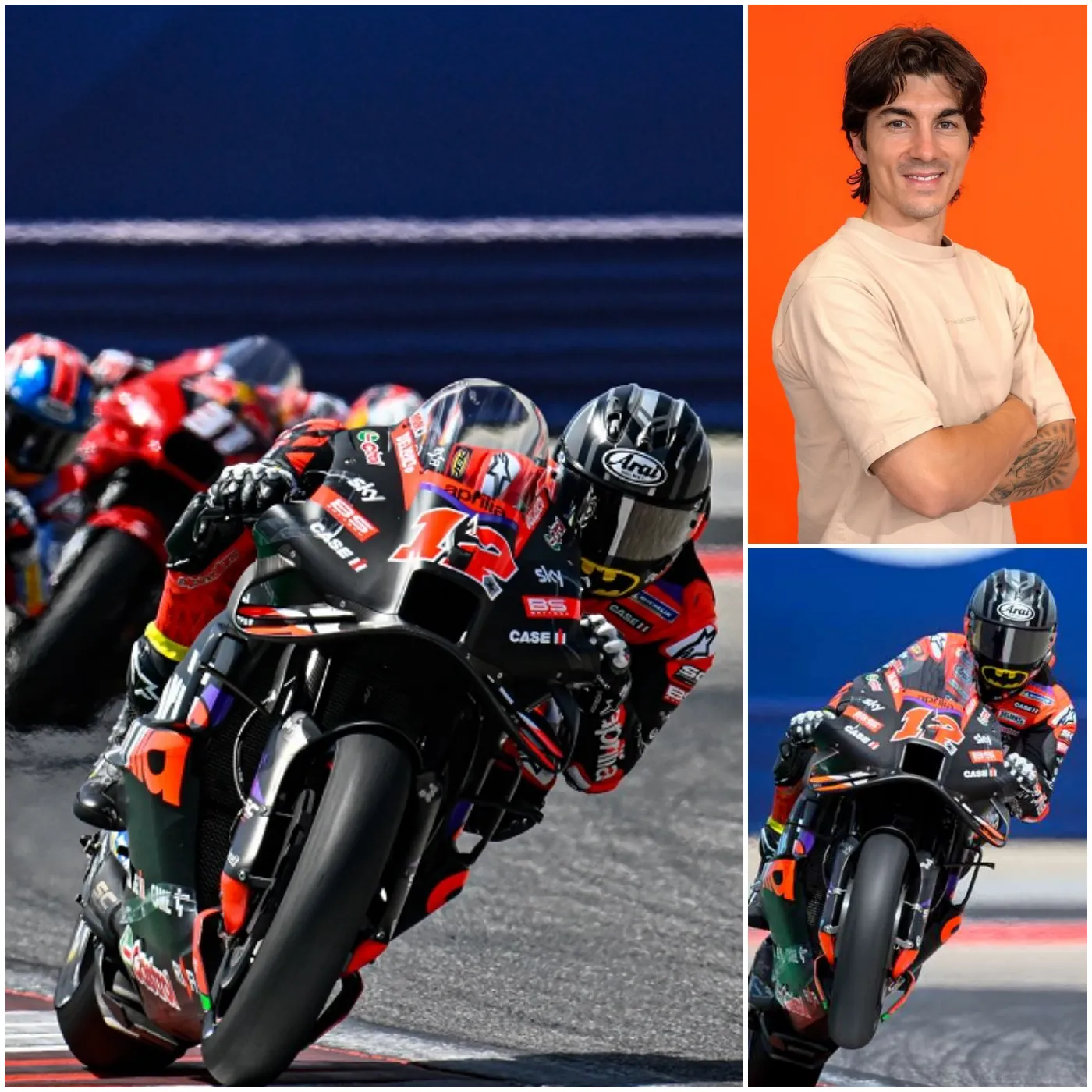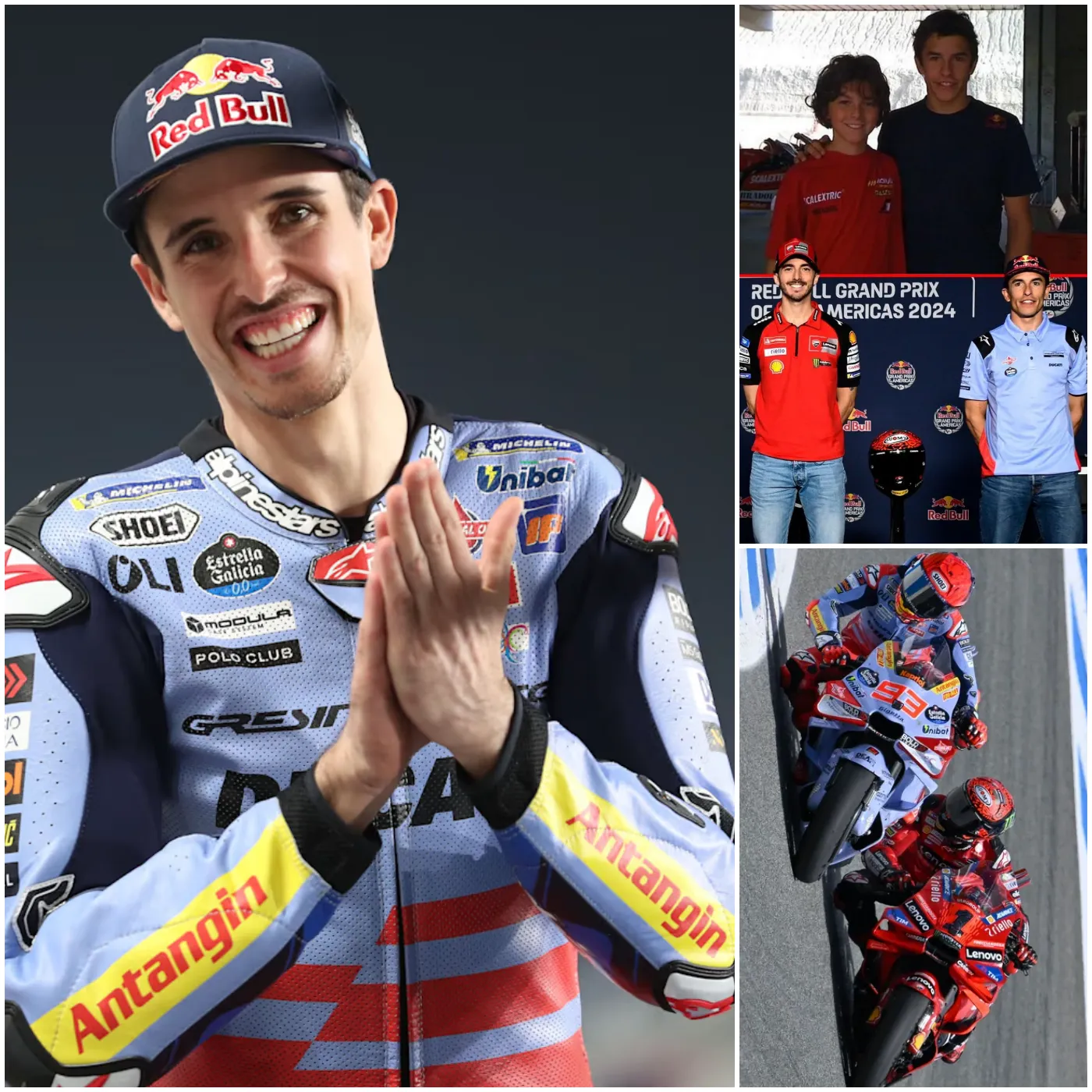When Ducati’s racing director boldly claimed that “Bagnaia has not won the championship because he is too kind,” it set the racing world ablaze with controversy. This shocking statement quickly divided fans and experts of MotoGP, questioning whether Francesco “Pecco” Bagnaia’s personality is holding him back from greatness in the ruthless world of professional racing.
Is kindness a weakness in MotoGP?
In the fiercely competitive realm of MotoGP, success often requires a combination of raw talent, aggression, and a killer instinct. Critics argue that Bagnaia’s kind nature makes him hesitant in situations where split-second decisions can mean the difference between victory and defeat. Unlike other racers, such as Marc Marquez or Valentino Rossi—famous for their boldness and relentless drive—Bagnaia’s reserved demeanor may prevent him from fully dominating the field.
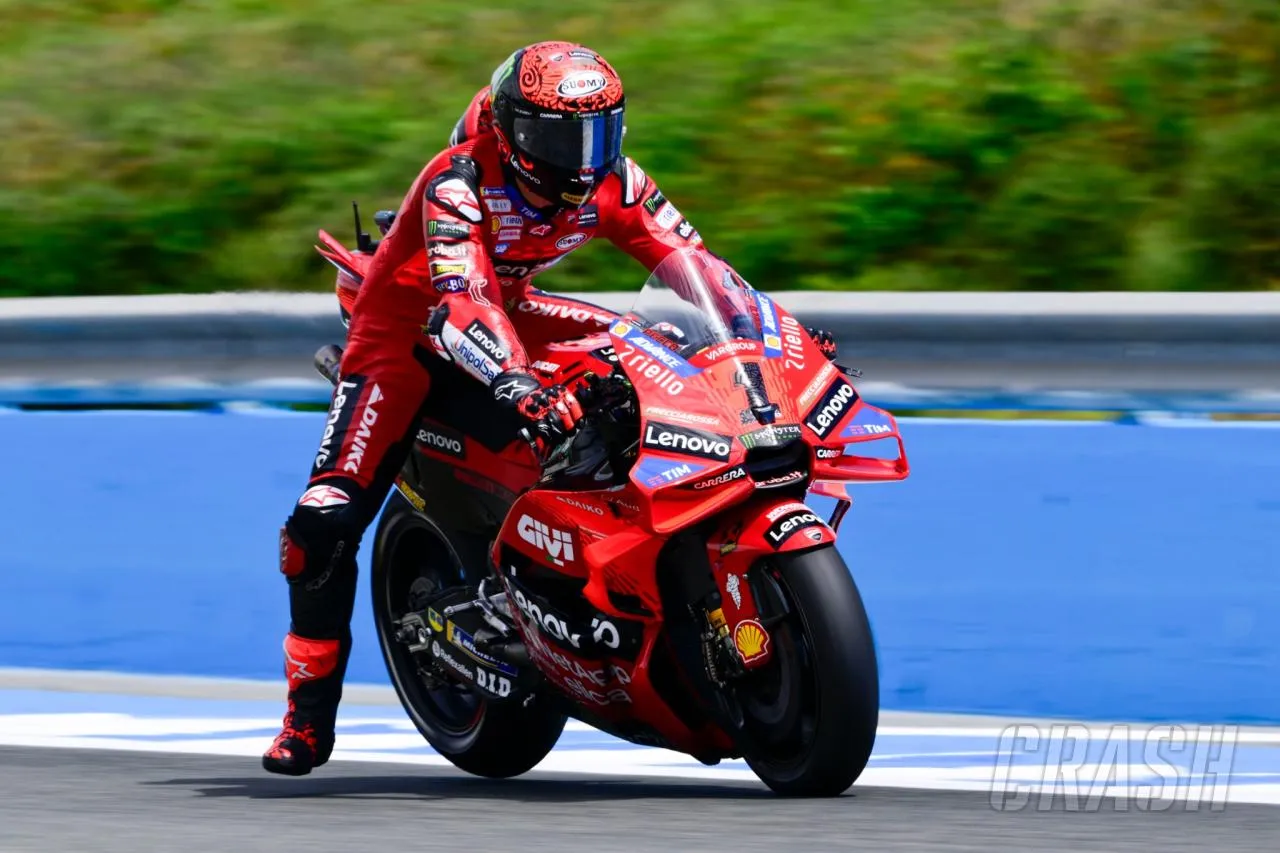
Supporters of Bagnaia, however, point out that his sportsmanship is part of what makes him special. They argue that kindness should not be mistaken for weakness. After all, Bagnaia proved his abilities by securing the 2022 MotoGP championship, marking a historic moment for Ducati. His talent and composure under pressure suggest that kindness might be a strength rather than a flaw.
Aggression vs. Strategy: The Real Question
The Ducati director’s comment raises an important question: Is it possible to win consistently at the highest level of MotoGP without aggression? Riders like Casey Stoner and Jorge Lorenzo built their legacies on their fearless racing styles, defending positions with no regard for friendships or rivalries.
In contrast, Bagnaia’s approach appears to be more calculated. He races with precision and caution, which minimizes errors but might also cost him opportunities to make game-changing moves. Does this cautious strategy stem from his kind nature? Or is it simply his way of ensuring consistency over recklessness?
A New Kind of Champion?
The idea that Bagnaia’s kindness could hinder his success challenges the traditional narrative of what makes a champion. Historically, MotoGP has celebrated aggression, risk-taking, and the fierce rivalries that have defined the sport. However, fans today increasingly value qualities like humility and respect, which Bagnaia embodies.
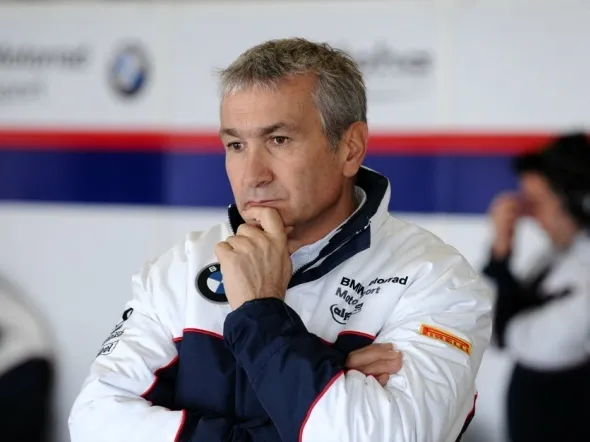
Could this mark a turning point in MotoGP’s culture? Instead of viewing kindness as a disadvantage, Bagnaia might be leading a shift toward a new kind of champion—one who balances skill with character. His journey, filled with victories and challenges, offers a powerful counter-narrative to the cutthroat mentality often associated with motorsport.
The Verdict: Can Bagnaia Overcome This Perception?
While the Ducati racing director’s claim might hold some truth, it overlooks the bigger picture. Francesco Bagnaia has already demonstrated his ability to win under pressure, proving that kindness and competitiveness are not mutually exclusive. Yet, in a sport where legacies are built on sheer dominance, Bagnaia may need to find a way to combine his calm, kind demeanor with an extra edge of ruthlessness.
Whether he rises above this critique to claim more championships or remains a polarizing figure, Bagnaia’s story is undeniably captivating. His career is not just about victories—it’s about redefining what it takes to be a true champion in the modern era of MotoGP.
